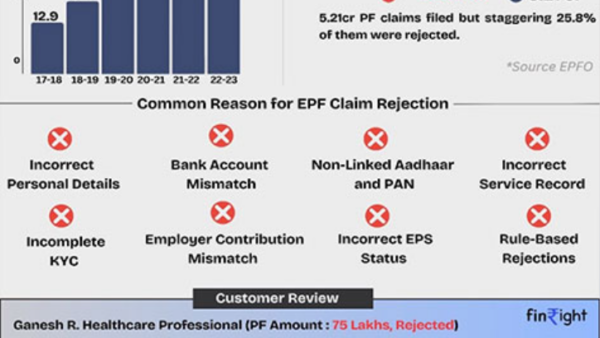Online marketplaces such as Amazon, Airbnb, Deliveroo, eBay and Uber will be required to report the income made by sellers on their websites and apps to HM Revenue & Customs from January 2023, in a move affecting gig workers, landlords and freelancers.
The plan to force UK technology companies to share information about the income of people selling goods and services using their sites was first mentioned in this year’s Budget but was confirmed in a consultation published last month.
The idea originated at the OECD, which has developed guidance on rules requiring digital platforms to collect data about sellers and share it with international tax authorities.
The UK is seeking to implement these rules from January 2023 at the earliest, the consultation said, affecting an estimated 2m-5m UK businesses, according to HMRC.
Writing in the foreword to the consultation, Jesse Norman, Treasury minister, said: “The new rules will improve international co-operation on the exchange of information for tax purposes. They will allow HMRC to have access to data from platforms based outside the UK quickly and efficiently, which should encourage compliance and increase the visibility of transactions.
“The rules will also help taxpayers to get their tax right, and will help HMRC to detect and tackle tax non-compliance.”
Under the proposals, tech companies would pass on the personal details and income transactions of sellers using their sites or apps to the tax authority where the seller or provider of the service is resident. For UK-based tech groups, this will be HMRC.
Platforms that will be affected include those facilitating “taxi and private hire services, food delivery services, freelance work and letting of accommodation, as well as those that facilitate the sale of goods and transport rental”, the consultation said.
Smaller start-up platforms are likely to be excluded. The government has adopted the OECD’s approach of defining “occasional sellers” as those who make fewer than 30 sales of goods a year of “a total of not more than €2,000”. These are also expected to be exempt.
As well as recording and reporting the sellers’ incomes, platforms will be required to collect information that helps identify the seller and their location, and the location of any rental accommodation. This will enable the tax authorities to send this data to another tax authority if the seller is resident abroad, and so ensure the individual is paying the right tax.
Companies hosting sellers will be required to provide them with a copy of the information that goes to the tax authority. HMRC said this should help sellers “declare the right income and may make complying with their tax obligations easier”.
Seb Maley, chief executive of Qdos, a tax consultancy, described the change as “very significant”. He recommended people selling goods and services on platforms check their tax position now to make sure they are doing everything correctly.
Many more people were likely to have used these websites and apps to boost their income during the pandemic and may not have realised that any income earned above their annual personal allowance of £12,570 is taxable, he warned.
“Individuals need to be acutely aware that all of the detail about their income will be being provided at source to HMRC. HMRC is now going to have a huge amount of information at their fingertips to cross reference,” Maley said.
Anita Monteith, senior policy adviser at the Institute of Chartered Accountants in England and Wales, added that though the rules were quite complex, the change could “affect a lot of ordinary people”.
Many of those affected may not have financial or tax advisers, so might not know they would be entitled to claim tax reliefs on income they make from selling goods or services over platforms.
Monteith cited two reliefs: the rent-a-room scheme which allows homeowners to earn up to £7,500 a year tax-free from letting out furnished accommodation in their home; and a trading allowance that offers up to £1,000 in each tax year in tax-free allowances for property or trading income.



